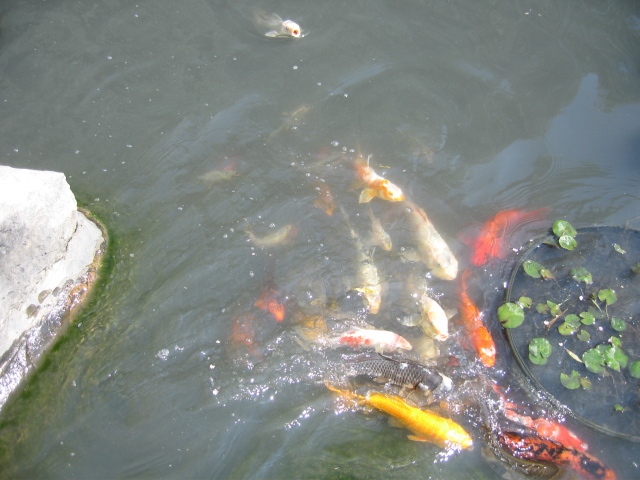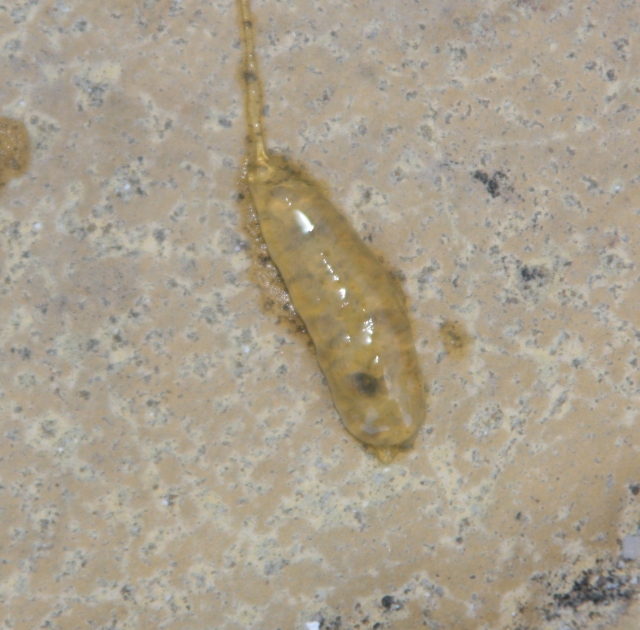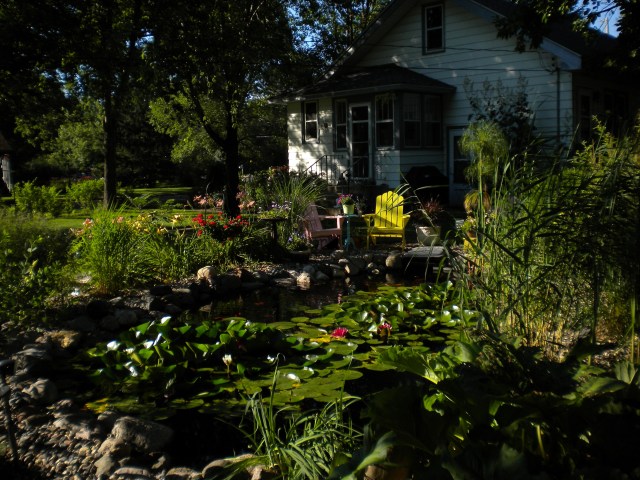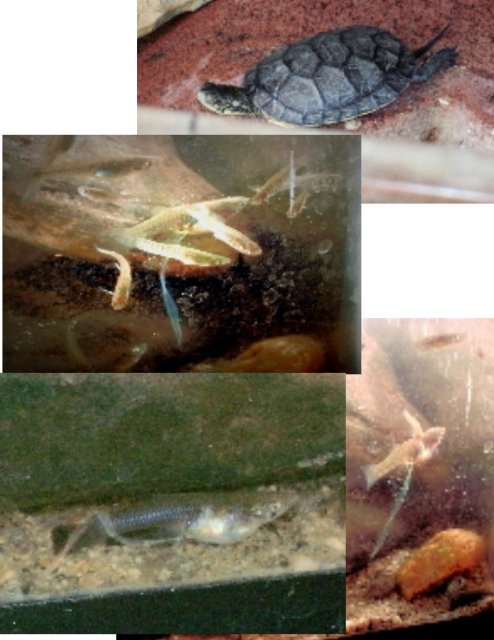QuestionHi there~ We have about 12 largeish goldfish (5" - 12"), as well as tons of new babies, and we have a lovely outdoor pond for them with lots of plants for cover. We got up the other morning and there was the remnants of fish scales and blood on the ground, so, obviously, some creature attacked our fish and ate at least one of them. That was 4 days ago and our remaining fish have refused to surface to eat and have been in hiding ever since, understandably. We have since put some concrete cinder blocks in the pond and made 3 seperate long tunnels that the fish could hide in if another creature tried to get at them. We also put large bundles of hair from our dog around the pond, so that a raccoon or possum would smell it and be scared away. Our questions are: Is it normal for the fish to be so spooked several days after the attack that they will not even eat? They used to be so incredibly social and friendly with us that they were like pet dogs. Will they ever recover and become friendly and trusting again? Lastly, do you have any other recommendations for keeping critters out of our pond? Was it a good idea to make the cinder block tunnels and will the fish know that they are for hiding in? We love our fish and are super sad about this. Thank you so much!
AnswerHello Lucky!
Providing hiding places for your fish was absolutely the right thing to do! You might want to change out the cinder blocks for terracotta flower pots, though, because the cinder blocks are made with concrete and will really mess up your water chemistry (alter the pH).
That said, I am wondering what sort of creature it could be that is attacking your fish.
A raccoon usually does a lot of damage (knocked over flower pots and such), while a predatory bird does not generally leave scales and other left-overs around.
A possum maybe, then.
You might want to call your University Extension Center or State Conservation Department to borrow a trap and relocate that critter.
Your fish will eventually get over these attacks, but first the creature must be stopped from returning.

 BLACK POND
Question
POND
I RECENTLY TURNED MY ULTRAVIOLET LIGHTS B
BLACK POND
Question
POND
I RECENTLY TURNED MY ULTRAVIOLET LIGHTS B
 worm type things
QuestionQUESTION: Hi.I have a pond with around 10 fish
worm type things
QuestionQUESTION: Hi.I have a pond with around 10 fish
 over winter large koi in MN pond
Question
my pond
My pond is 4000 gallons, 4 feet deep a
over winter large koi in MN pond
Question
my pond
My pond is 4000 gallons, 4 feet deep a
 Building a water feature
Question
4 Pots
My mom bought 4 flower pots and
Building a water feature
Question
4 Pots
My mom bought 4 flower pots and
 What is coming out of this fish?
Question
turt..fish
Thank you in advance for your time.
What is coming out of this fish?
Question
turt..fish
Thank you in advance for your time.